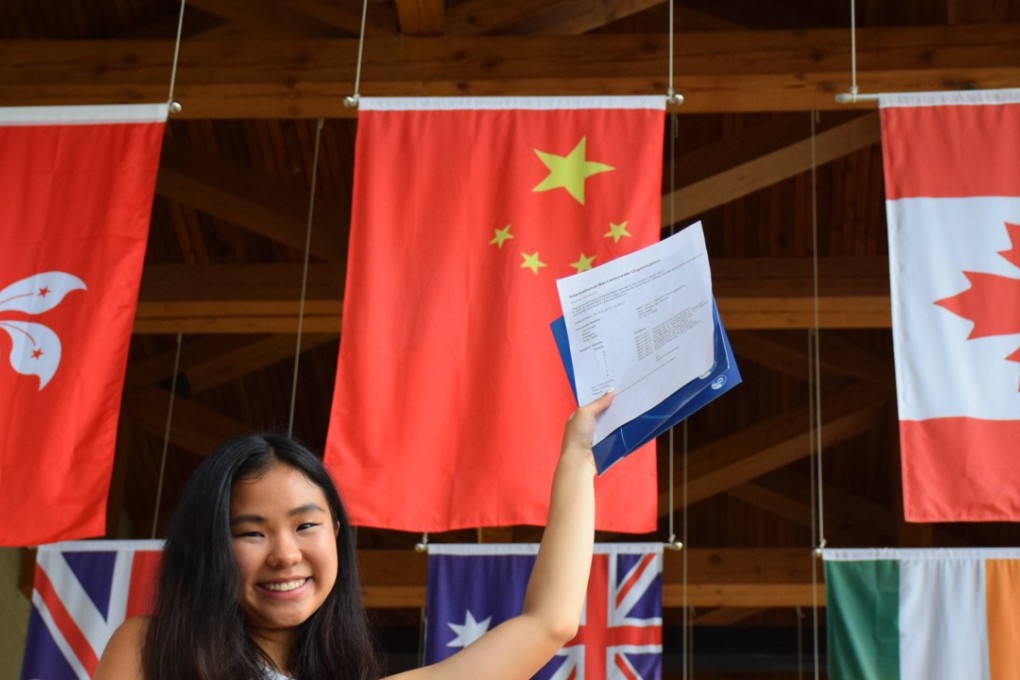Hong Kong and Canada, surprisingly, have a lot to learn from each other
In principle, the two places couldn’t be more different. But look at the finer detail and the similarities of purpose and existence leap off the page

From Hong Kong to Canada for APEC meetings this week, there is a surreal and improbable sense of - so different, but so sneakily similar.
Take the front page story in Toronto’s Globe and Mail reporting that Canada’s Supreme Court had quashed a regulatory permit for an oil-exploration programme that Inuit residents on Baffin Island feared would damage their rights to hunt narwhal, bowhead whales and polar bears.
Or the feature about a cannabis investment forum in Toronto, stimulated by expectations that Canada’s legal marihuana sales will jump to US$3.6 billion as recreational use is legalised in July next year. So different.
In principle, two places could not be more different.
Canada one of the biggest countries in the world in terms of land area. Hong Kong so tiny, and not even a country. Canada bulging with natural resources and a strong (if protected) farm sector; Hong Kong with just people for natural resources, and a little market gardening in the New Territories.
But there comes the first eerie similarity: Canada’s Northwest Territories. So what that they are 1.15 million square kilometres mostly comprising ice, snow, a few moose and the aurora borealis, and Hong Kong’s New Territories are a mere 950 sq km, and teeming with millions of people squeezed into high rises?